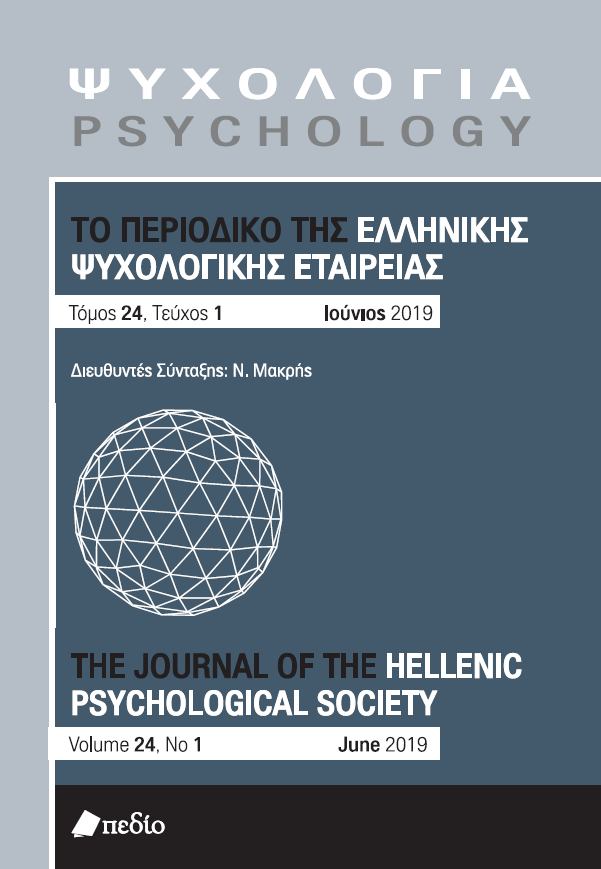Neuropsychological assessment in differential diagnosis between bipolar disorder and adhd in adults

Abstract
Hyperactivity Disorder in adults (ADHDa) and Bipolar Disorder (BD) often create
difficulties in distinguishing them during diagnosis. The two disorders do not benefit from the same medication; therefore, limiting a possible diagnostic error is of particular importance for the therapeutic intervention too. The present paper, based on research and bibliographic observations according to which the two entities present certain specific neuropsychological (NP) characteristics that are involved in the functional and psychosocial deficits of the patients, aims to outline the possibilities of employing the neuropsychological assessment (NPA) in the clinical procedure of differential diagnosis. The main conclusion drawn from this critical review is that, despite the difficulty in identifying and quantifying clear differential neurocognitive criteria through research and, thus, in standardizing characteristic NP models that could contribute to the clinical distinction of the two disorders, the NP examination as a detailed analysis, understanding and description of the cognitive problems, can indeed be of use in differential diagnosis of ADHDa and BD, yet individually and always as part of a thorough interdisciplinary clinical evaluation.
Article Details
- How to Cite
-
Τζιράκη Σ. Χ. (2019). Neuropsychological assessment in differential diagnosis between bipolar disorder and adhd in adults. Psychology: The Journal of the Hellenic Psychological Society, 24(1), 227–247. https://doi.org/10.12681/psy_hps.22422
- Issue
- Vol. 24 No. 1 (2019)
- Section
- RESEARCH PAPERS

This work is licensed under a Creative Commons Attribution-ShareAlike 4.0 International License.
The journal PSYCHOLOGY adopts a Platinum open-access policy. Submission, processing or publication costs are waived by the Hellenic Psychological Society. Papers published in the journal PSYCHOLOGY are licensed under a 'Creative Commons Attribution-ShareAlike 4.0 International' licence. The authors reserve the copyright of their work and grant the journal the right of its first publication. Third-party licensees are allowed to use the published paper immediately after publication as they wish, provided they retain the defined by the license copyright formalities, regarding the reference to its author(s) and its initial publication in the journal PSYCHOLOGY. Moreover, any adjusted work should be shared under the same reuse rights, so with the same CC license.


